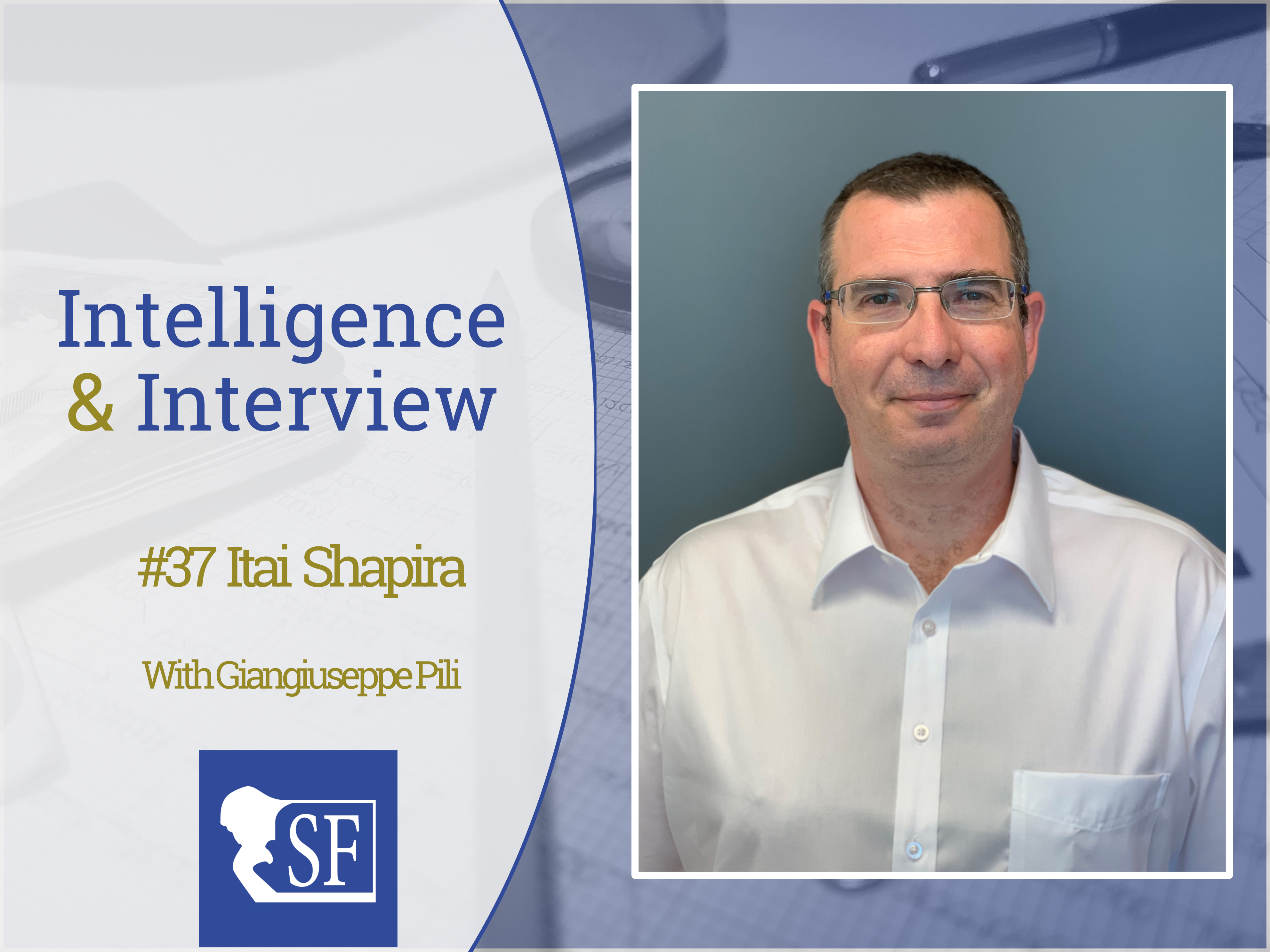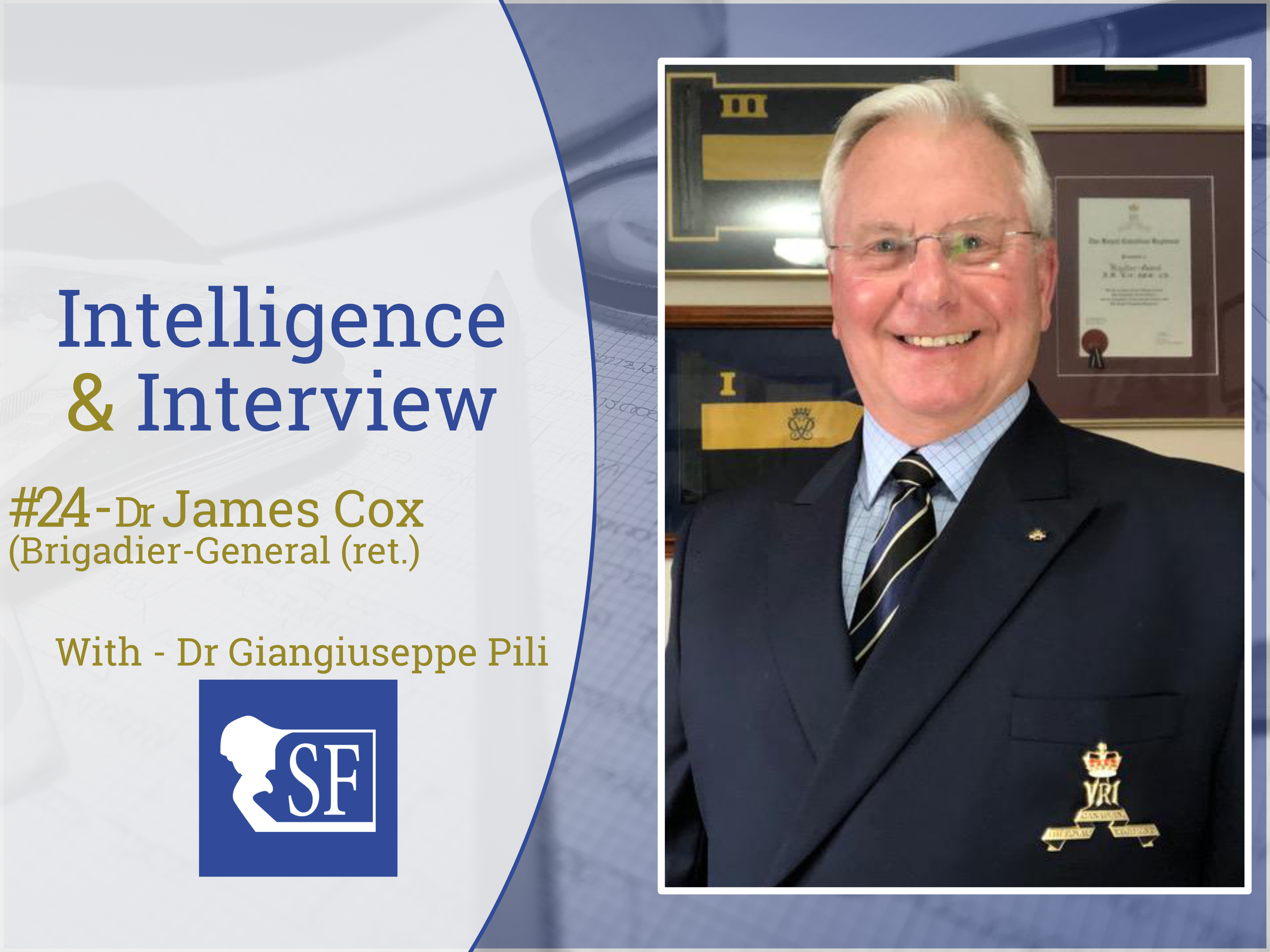
Discover Intelligence & Interview and Subscribe to the Newsletter!
The very notion of intelligence is nuanced and broad. An entire branch of intelligence studies is devolved to exploring what intelligence is. This is what Mark Phythian and Peter Gill called “definitional project” in their taxonomy. Several scholars tackled the definition of intelligence, starting with Michael Warner’s pioneering paper Wanted: A definition of intelligence published in 2002 (almost achieving the twenty years anniversary). After him, many more tackled it (be kind if I advertise that I also proposed a philosophical definition of intelligence in 2019). But another crucial topic is the exploration of intelligence analysis functions such as strategic intelligence and tactical intelligence. Interestingly, strategic intelligence is still a difficult nut to be cracked. Probably because of its dependency on theory. Basically, strategic intelligence allows the identification of the enemy’s intentions to avoid surprises at the strategic level. Easy to say, but very difficult to achieve. Indeed, at least in the public debate, there is a sense that the Cold War was a predictable confrontation from a strategic perspective. Unfortunately, strategic intelligence was pursued with risk and uncertainty as everything else in intelligence. Although it is so important, it is still an underexplored topic. When I first read Itai Shapira’s paper, published by Intelligence and National Security (2019, Strategic Intelligence as an Art and a Science), I hoped we could have covered this topic, and now I am even more persuaded of this choice. Sure, the fact that he tackles the issue from theoretical and philosophical perspectives allured me even more. But, as you will see, there is a good reason for tackling strategic intelligence from this angle. Itai helps us understand the nature of strategic intelligence and tactical intelligence with a very innovative (fresh, I would venture to say) approach. It is then with my distinct pleasure to publish the interview on Scuola Filosofica – for those who don’t know it yet; it is one of the leading cultural blogs in Italy. In the name of Scuola Filosofica Team, our readers, and myself, Giangiuseppe Pili, Itai: thank you!
1# Itai Shapira, let’s start from the basics. How would you like to present yourself to the International readers and Philosophical School (Scuola Filosofica)?
I am currently a PhD candidate at the University of Leicester, studying Israeli national intelligence culture. I am a retired Colonel from the Israeli Defense Intelligence (IDI), where I have served for more than 25 years in various intelligence analysis and management roles – on the tactical, operational, and strategic levels. As a great believer in the dialectic of practice and theory, and after such a long period in the practice of intelligence, I am devoting the current period to a more theoretical perspective, trying to develop some theoretical concepts which in turn could influence practice.




